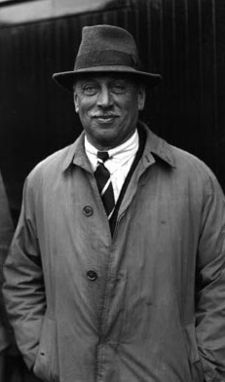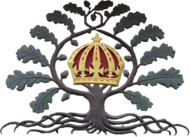British engineer and economic theorist (1879–1952)
C. H. Douglas |
|---|
 C. H. Douglas in Edmonton, Alberta, Canada, 1934 |
| Born | Clifford Hugh Douglas
(1879-01-20)20 January 1879
|
|---|
| Died | 29 September 1952(1952-09-29) (aged 73)
|
|---|
| Nationality | British |
|---|
| Spouse | Edith Mary Douglas |
|---|
|
|
| Field | Civil engineering, Economics, Finances, Political science, History, Accounting, Physics |
|---|
| Institution | Institution of Mechanical Engineers, Institution of Electrical Engineers |
|---|
School or
tradition | Social Credit, Distributism, Conservatism, Toryism, Nationalism, Christian Democracy, Integralism, |
|---|
| Alma mater | Pembroke College, Cambridge |
|---|
| Influences | Plato, Aristotle, Socrates, Augustine, Aquinas, Alighieri, Montaigne, Erasmus, More, Fisher, Milton, Smith, Hume, Montesquieu, George, Burke, Maistre, MacDonald, Chesterton, Belloc, Tolkien, Lewis, Benson, Carlyle, Maurras, Newman, Marx, Veblen, Gesell, Pareto, Keynes, |
|---|
| Contributions | Cultural heritage as factor of production, Economic sabotage, Unearned increment of association, Money as means of distribution of production, A + B theorem, National dividend, Practical Christianity |
|---|
|
|
|
 |
Major Clifford Hugh Douglas, MIMechE, MIEE (20 January 1879 – 29 September 1952),[1] was a British engineer, economist and pioneer of the social credit economic reform movement.



